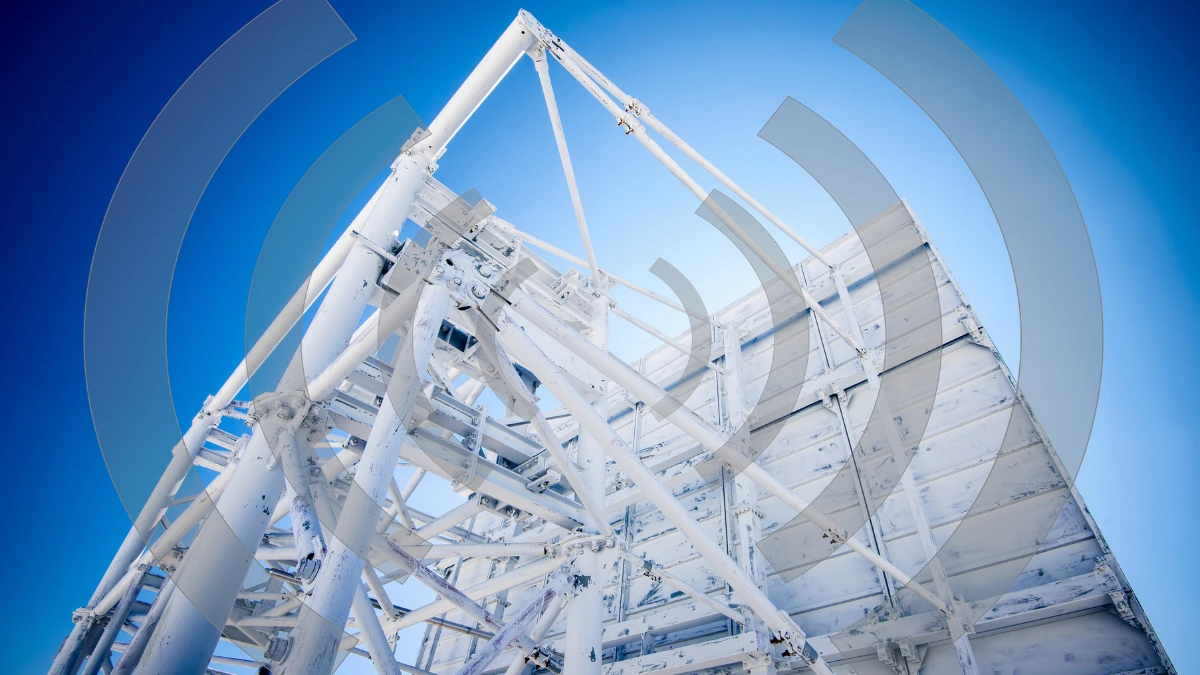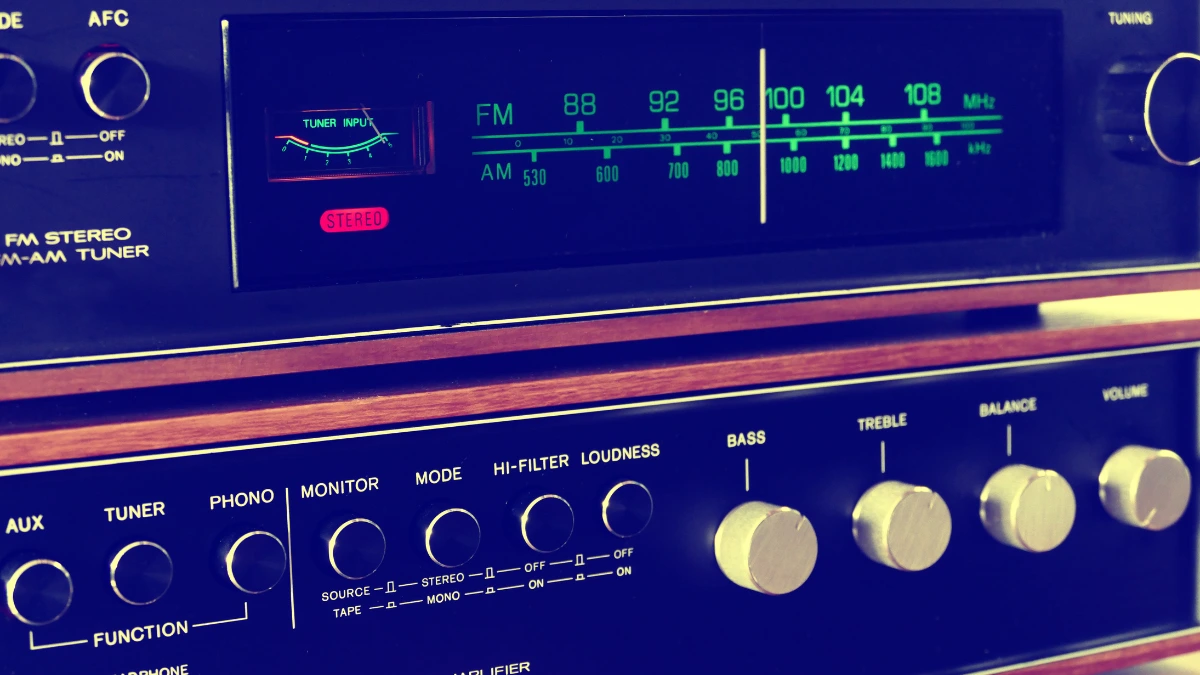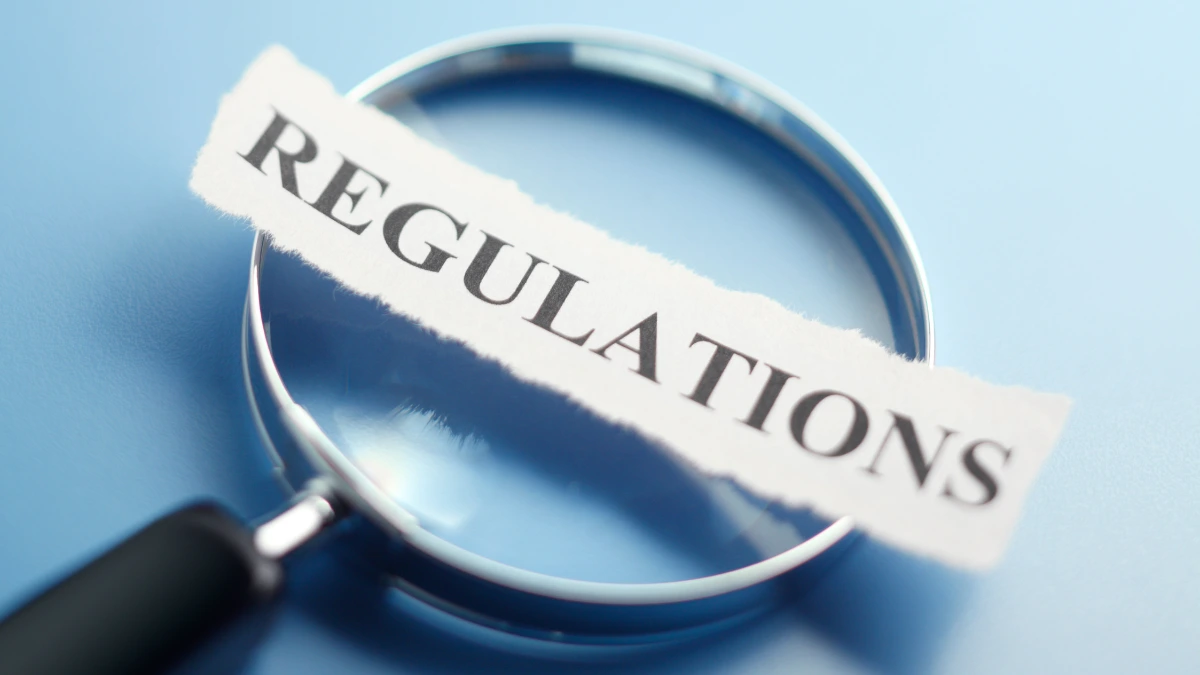Radio signals are usually not optimal in some locations with hilly topography and areas with tall buildings. This obstacle can be overcome with a radio repeater.
Areas that are not covered by radio signals can be strengthened and expanded by using a radio repeater.
This article will explain more about radio repeaters, including their definition, how they work, their functions, benefits, and regulations for their use in Indonesia.
What is a Radio Repeater?

A radio repeater is an electronic device used to extend the range of radio communication, especially in areas that are difficult to reach by direct signals, such as hilly areas or areas with many tall buildings.
This device can be useful for assisting emergency communications during disasters, improving security systems between security officers, communication between employees in a single work area, and can also be used by amateur radio enthusiasts.
How they Work?
A radio repeater works by capturing the input frequency signal from the device, amplifying it, and expanding the signal at the output frequency. Here is how it works in detail:
- Receiving signals: Repeaters receive input radio frequency signals from communication devices.
- Amplifying signals: Electronic circuits inside repeaters amplify the input radio frequency signals they receive.
- Transmitting signals: Repeaters retransmit the amplified signals at the output or outbound frequency (a frequency different from the input frequency).
The Functions

The main function of radio repeaters is to extend the range of radio communication. The following are its functions:
- Extending range: Serves to increase radio signal range in hilly areas or tall buildings.
- Overcoming obstacles: Serves to overcome signals that are blocked by obstacles.
- Strengthening signals: Serves to strengthen weak signals to achieve a distance that is more acceptable to receiving devices.
The Benefits
The radio repeaters provide many benefits, especially in improving efficiency, enabling communication between stations, and reducing operational costs. Here are some of the main benefits:
Improving efficiency

One of the benefits of a radio repeater is improved efficiency. With its ability to extend range and improve signal quality, communication in various applications, including commercial operations, security, and emergency services, becomes more efficient.
Enabling communication between stations
Enabling communication between stations is another benefit of this repeater. Different radio stations that are out of range of each other can communicate through the repeater device. In emergencies, this capability becomes very important and useful.
Reducing operational costs
In certain cases, radio rigs can help reduce operational costs. Using a single frequency for wider communication can reduce the need for additional frequency licenses.
Regulation in Indonesia

The radio repeater uses wireless communication technologies that operate within a specific frequency spectrum. In Indonesia, a wireless device is required to have a DJID (Directorate General of Digital Infrastructure) under the Ministry of Communication and Digital (KOMDIGI).
Radio repeater type approval and regulation will be based on Director General Regulation (PERDIRJEN) No. 171 Tahun 2009 which requires all radio frequency-based devices to meet specific technical standards before being sold in the country.
The DJID certification ensures that the product meets government safety and quality regulations and does not interfere with other communication devices. The certification process involves technical testing, such as frequency adjustments, safety checks, and compatibility with the surrounding environment.
Once the tests are completed, products that pass are listed in a Test Result Report, which confirms that the product is safe and ready for sale in Indonesia. This report reassures customers that the product meets technical standards and is secure.
For companies wanting to sell a radio repeater in Indonesia, our Type Approval Services for ICT Products are available to assist with this process. This service includes preparing technical and legal documents, conducting required testing, ensuring compliance with regulations, helping companies streamline the certification process, and giving consumers confidence in certified products.